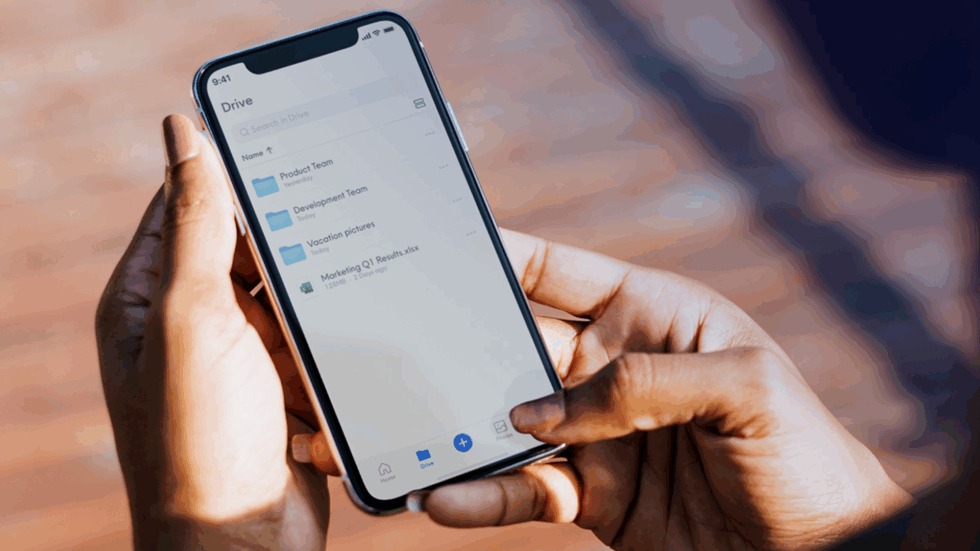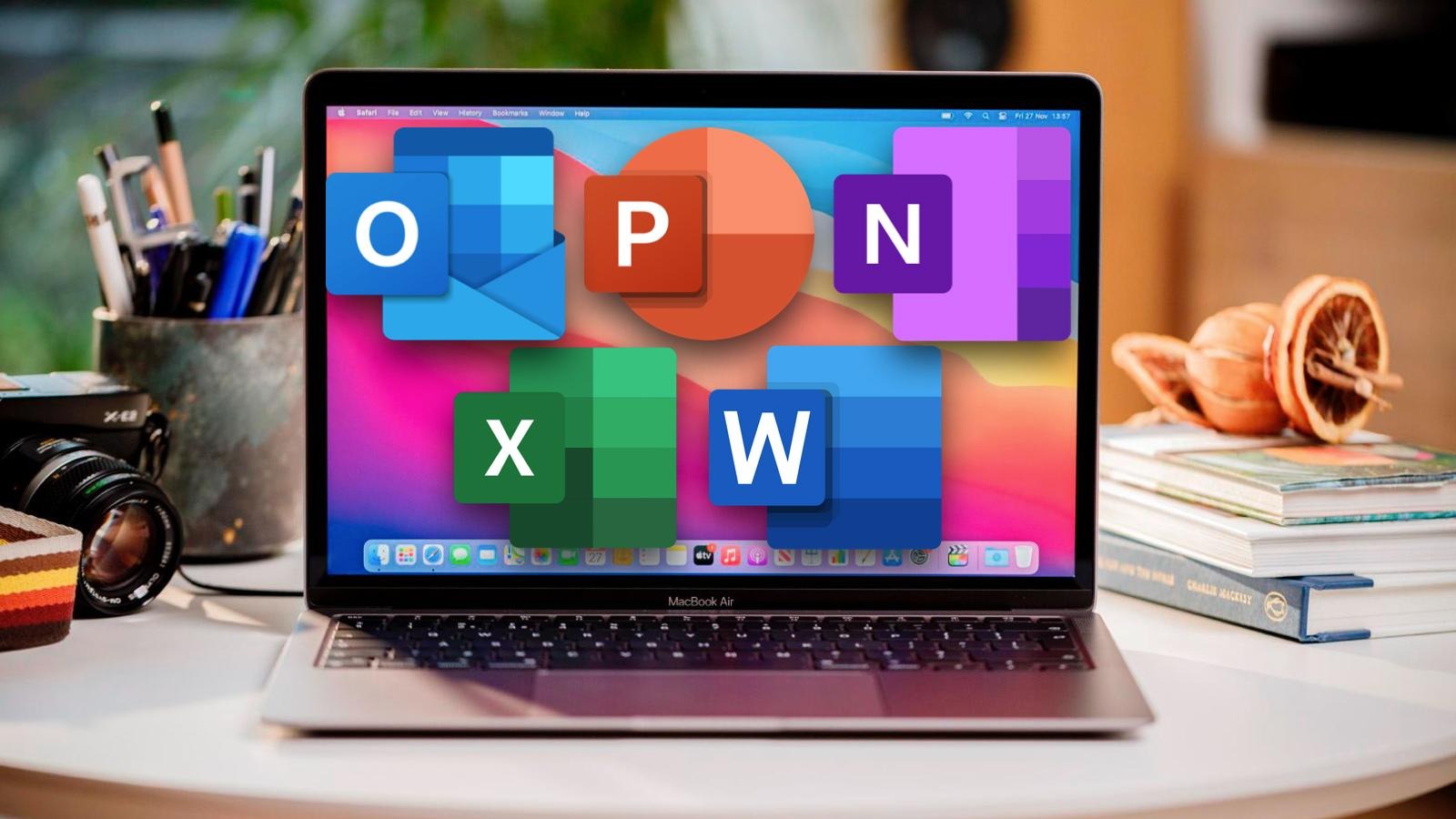In today’s world, laptops have become an essential part of our daily lives. Whether you`re working from home, playing your favorite video games, or attending online classes, having the right laptop can make all the difference. With so many options available, choosing the perfect laptop can be overwhelming. But don`t worry! In this blog post, we`ll break down the key factors to consider when purchasing a laptop for work, gaming, or school. By the end, you’ll be equipped to make an informed decision based on your unique needs.
Factors to Consider When Buying a Laptop
Before diving into specific use cases, it`s important to understand the general factors that should guide your decision. Here are the key elements to consider:
1. Operating System: Windows, macOS, or Chrome OS?
The operating system (OS) is the foundation of any laptop, so it`s crucial to choose one that fits your workflow and preferences. Here are the three main options:
Windows: Windows laptops are the most versatile, supporting a wide range of software applications, from productivity tools to games. This OS is great for work and gaming alike and offers the most diverse laptop options.
macOS: If you`re already in the Apple ecosystem, macOS could be your best choice. Apple laptops are known for their sleek design, robust performance, and excellent customer support. They are especially popular among creative professionals.
Chrome OS: Chrome OS is the best option for users who prioritize simplicity and use cloud-based services. Chromebooks are often more affordable but have limitations in terms of software support.
2. Performance Specifications
Laptops come with various processor, RAM, and storage configurations, so it’s essential to understand what you need for your intended use.
Processor (CPU): The processor is the heart of the laptop. For work or school, an Intel Core i5 or AMD Ryzen 5 processor will likely suffice. For gaming, you’ll need a more powerful CPU, like an Intel Core i7 or Ryzen 7.
RAM: Aim for at least 8GB of RAM for work and school laptops. For gaming or intensive tasks, 16GB or more is ideal. This ensures smooth multitasking and better overall performance.
Storage: SSDs (Solid State Drives) are faster than traditional HDDs (Hard Disk Drives). Look for a laptop with at least 256GB SSD for work or school, while gaming laptops should have 512GB or more.
3. Battery Life
Battery life can vary greatly from one laptop to another, especially based on usage. If you’re constantly on the go, consider a laptop with at least 8-10 hours of battery life. Many work and school laptops now feature ultra-long battery life, which is a game-changer for productivity.
4. Portability and Design
Portability is a key factor if you plan to carry your laptop around frequently. Ultrabooks and thin-and-light laptops offer the best portability, but might sacrifice some performance for sleekness. Gaming laptops, on the other hand, tend to be bulkier due to the need for high-end components.
Choosing a Laptop for Work
If you need a laptop primarily for work-related tasks, the emphasis should be on performance, battery life, and a comfortable keyboard. Here`s what to look for:
1. Performance for Productivity Software
For tasks like word processing, spreadsheets, presentations, and video calls, you don’t need the highest-end hardware. However, your laptop should have a reliable processor and enough RAM to run multiple applications simultaneously without lag. An Intel Core i5 or AMD Ryzen 5 with 8GB of RAM should be more than adequate for most work tasks.
2. Ergonomic Keyboard and Display
Long hours of typing require a comfortable keyboard. Look for laptops with well-spaced, responsive keys that are easy on your fingers. In addition, ensure the display has good resolution (Full HD or 1080p) and a matte finish to avoid glare during long meetings.
3. Battery Life
For work laptops, a long-lasting battery is essential, especially if you`re working remotely or traveling. Look for models with 8-12 hours of battery life, as this ensures that you’ll be able to get through your workday without worrying about finding a charger.
4. Business-Focused Features
If you`re in a professional environment, you may need a laptop with business-specific features, such as enhanced security (fingerprint scanners, webcam shutters, etc.) or additional connectivity options (USB-C, HDMI, etc.).
Choosing a Laptop for Gaming
Gaming laptops are built for high-end performance, and choosing the right one can be a bit more challenging. Here are the top things to consider:
1. Graphics Card (GPU)
The GPU is arguably the most important component of a gaming laptop. A dedicated graphics card (rather than integrated graphics) is essential for smooth gaming. NVIDIA GeForce RTX or AMD Radeon RX GPUs are commonly found in gaming laptops, with the RTX 30 series being ideal for high-end gaming.
2. Display Refresh Rate
A higher refresh rate (120Hz or 144Hz) improves the smoothness of gameplay, reducing motion blur and creating a more responsive gaming experience. A laptop with a 1080p or 1440p display and a high refresh rate will be perfect for most gamers.
3. Cooling System
Gaming laptops tend to generate a lot of heat. Opt for a model that has an efficient cooling system, ensuring that the laptop doesn’t overheat during extended gaming sessions. Some gaming laptops feature liquid cooling or advanced cooling vents to manage temperatures effectively.
4. Performance for AAA Titles
To ensure the laptop runs modern AAA games smoothly, look for laptops with at least an Intel Core i7 or AMD Ryzen 7 processor, paired with 16GB of RAM and a dedicated GPU. Also, check the storage — SSDs are faster than HDDs, and many gaming laptops come with larger storage options to accommodate large game files.
5. Battery Life for Gaming
Gaming laptops are known for shorter battery life, often lasting only 3-6 hours under load. Keep in mind that if you`re gaming on the go, you`ll need access to power outlets. Some models feature longer battery life when not under heavy use.
Choosing a Laptop for School
A laptop for school needs to strike a balance between performance, portability, and affordability. Students often need a device for tasks like research, note-taking, online classes, and light entertainment. Here are the key factors:
1. Affordable and Lightweight
For school, it’s important to pick a lightweight laptop that’s easy to carry around campus or between classes. Ultrabooks and lightweight laptops such as the MacBook Air or the Lenovo ThinkPad are great options. Additionally, a budget-friendly laptop (priced between $500-$800) should be sufficient for most school-related tasks.
2. Solid Battery Life
A good battery life of 8-10 hours is ideal for students who may not have easy access to charging outlets during the day. Look for a laptop with a battery that can last through a full school day, including lectures, note-taking, and research.
3. Adequate Performance for Schoolwork
You don’t need a powerful gaming machine for schoolwork, but your laptop should handle multitasking, web browsing, word processing, and video calls. Laptops with Intel Core i3 or i5 processors, 8GB of RAM, and a 256GB SSD should be perfect for most students.
4. Keyboard and Webcam for Online Classes
If your classes are online, make sure the laptop has a high-quality webcam (720p or better) and a comfortable keyboard for taking notes. A larger screen (13-15 inches) can be beneficial for multitasking and split-screen views.
Conclusion
Choosing the perfect laptop depends largely on your primary use case—whether it`s work, gaming, or school. By focusing on factors such as performance, battery life, display quality, and portability, you can find a laptop that suits your needs. Whether you prioritize power for gaming, efficiency for work, or portability for school, there’s a laptop out there that will be the perfect fit. Happy laptop shopping!




